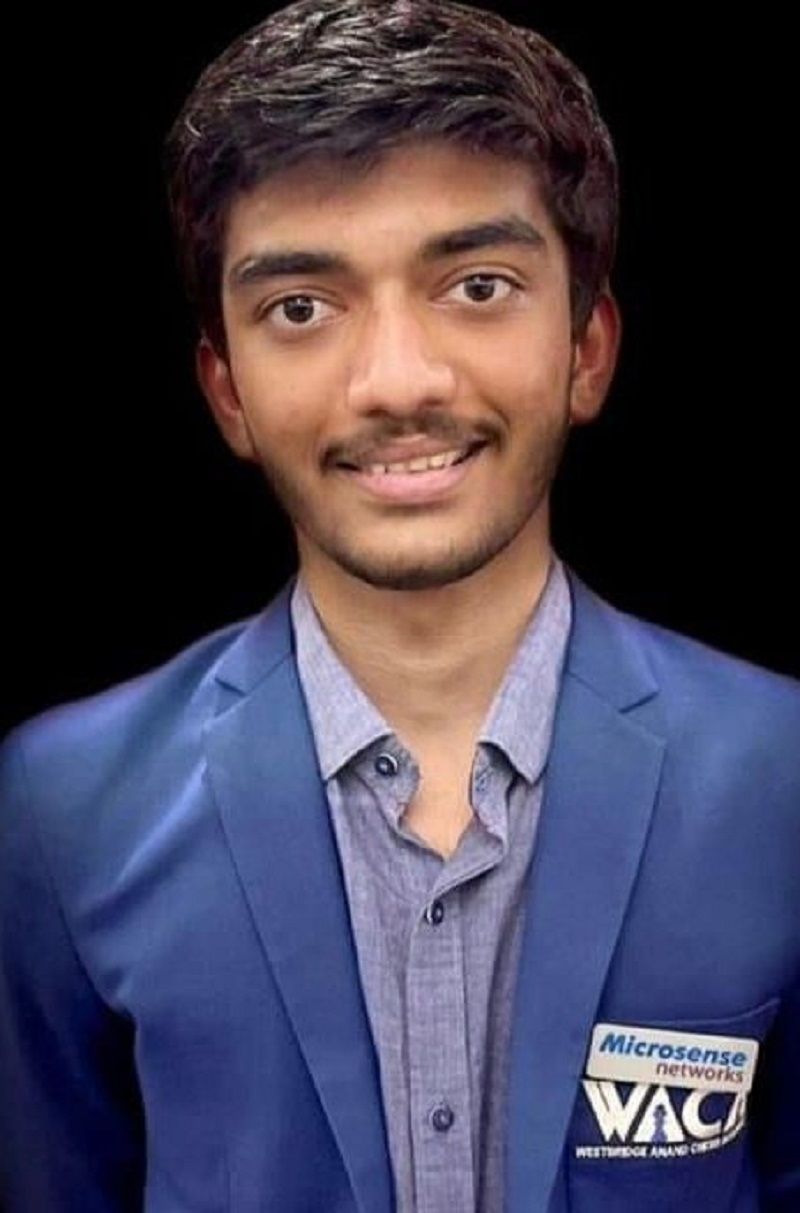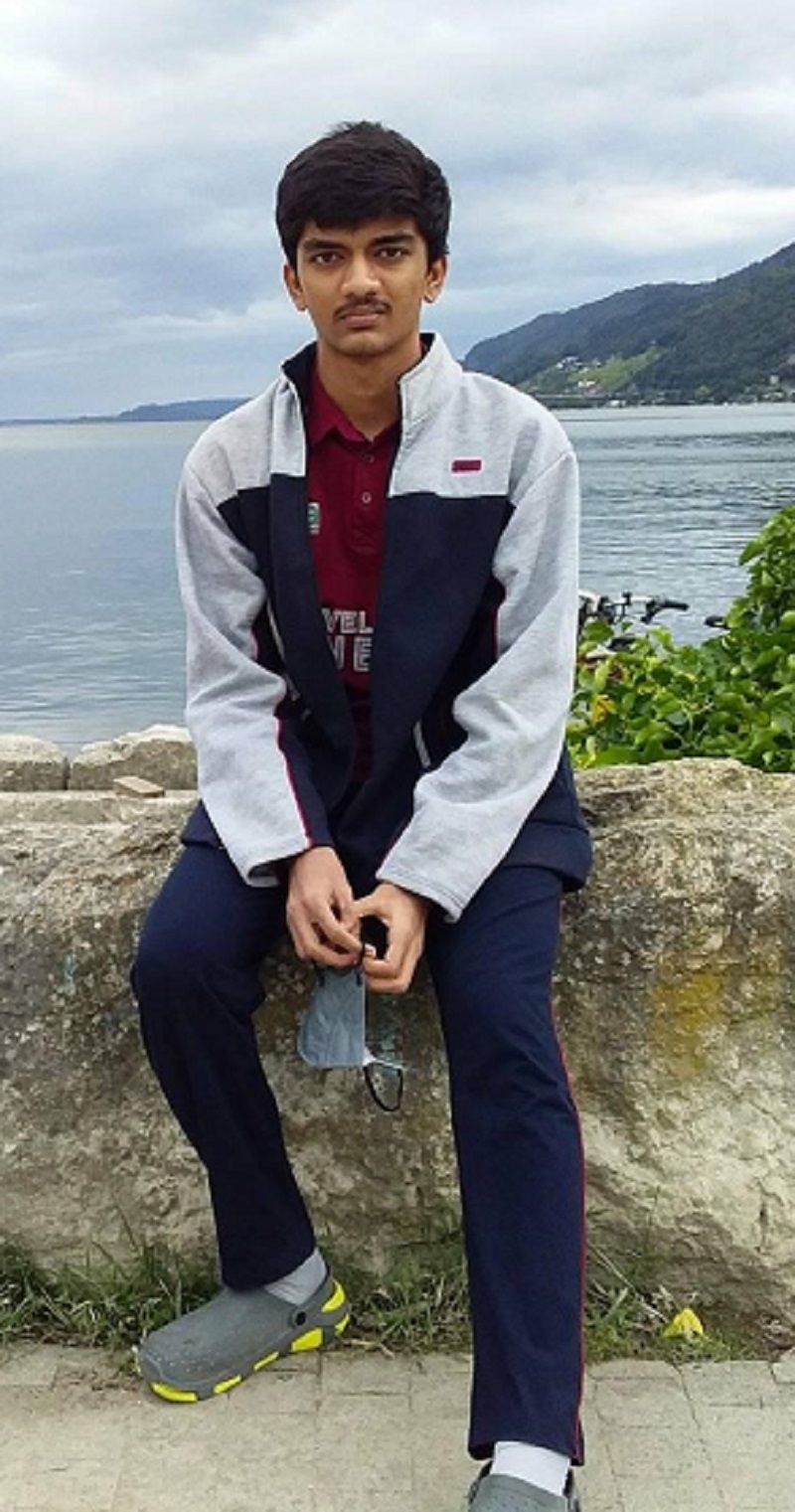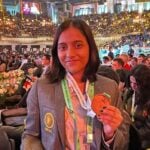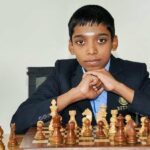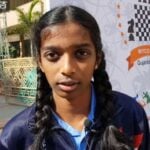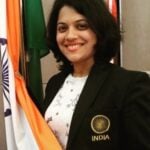Quick Info→
Age: 16 Years
Father: Rajnikanth
Hometown: Chennai
Some Lesser Known Facts About Gukesh D
- Gukesh D is an Indian chess grandmaster. A chess prodigy, he grew to become the third-youngest individual in historical past to qualify for the title of Grandmaster by FIDE in March 2019. On 16 October 2022, on the age of 16, he gained recognition for changing into the youngest participant ever to defeat the world champion Magnus Carlsen; he beat Carlsen in a sport on the Aimchess Rapid Tournament.
- He began studying chess on the age of seven in 2013. In an interview, his mom talked about his ardour for chess and stated,
He grew to become loopy about chess from a really younger age. The ardour solely grew stronger with every passing yr, however not on the expense of different pursuits. He additionally follows and performs cricket, reads books (principally biographies of sportspersons), performs badminton and desk tennis, and enjoys get-togethers with mates and family throughout his break day from the board. He is a fussy eater at house, however eats no matter he will get whereas travelling for competitions.”
- In March 2018, he was given the title of International Master at Cappelle-la-Grande Open.
- At the age of 12 years, 7 months, and 17 days, he grew to become the second-youngest grandmaster in historical past in 2019. However, when the American chess participant Abhimanyu Mishra grew to become the youngest participant ever to qualify for the grandmaster title on 30 June 2021, Gukesh D grew to become the third-youngest grandmaster in historical past.
- His father gave up on his job to concentrate on Gukesh’s sport. In an interview, his father talked about this and stated,
It was fairly powerful to deal with my career and his profession. I took a backseat to help my son. My spouse goes to work. It’s fairly powerful however while you get these outcomes we’re comfortable for all of the sacrifices we’ve got accomplished for him.”
- In an interview, his father stated that when Gukesh began taking part in chess, he adopted R Praggnanandhaa‘s fashion of play.


